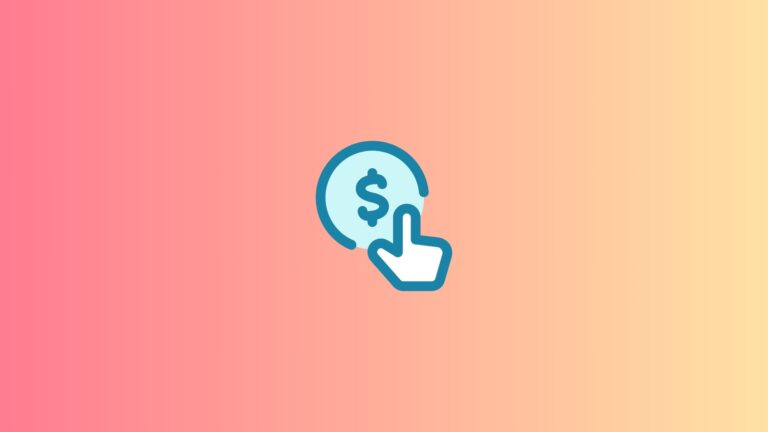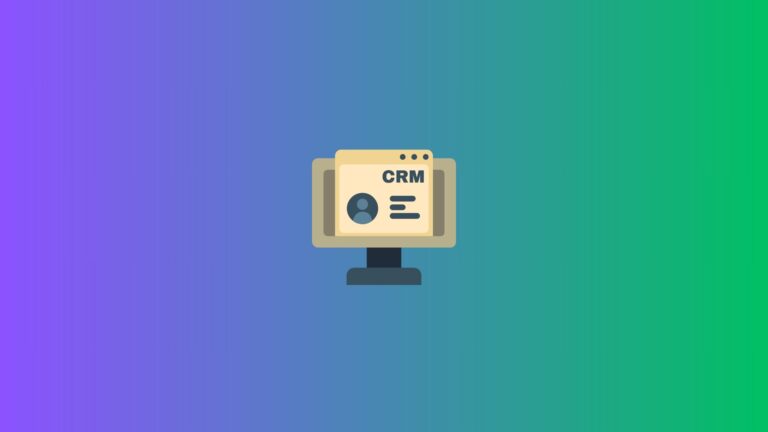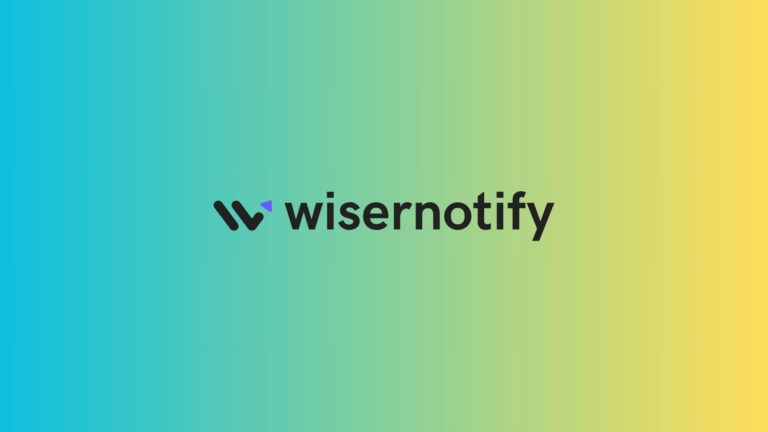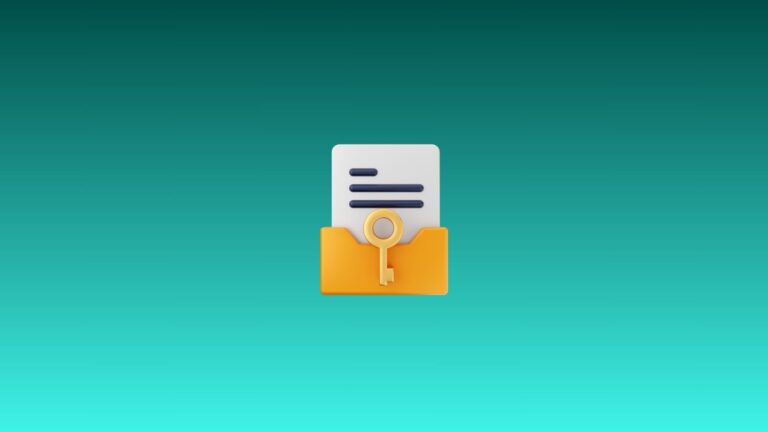7 Best Free Legal Billing Software Tools for Solo Lawyers & Small Firms (2026)
Legal billing software costs more than most solo lawyers’ monthly coffee budget. Meanwhile, you’re still tracking billable hours on napkins and sending invoices that look like they came from 1995. Here’s the brutal truth: you don’t need to spend $200+ monthly on billing software when these 7 free alternatives handle everything you actually need.
This guide reveals the best free legal billing software that won’t disappear after a 30-day “trial.”
Why Free Legal Billing Software Actually Makes Sense in 2026
Big law firms throw money at $500/month billing platforms because they can. Solo lawyers and small firms? Different story entirely.
Technology costs have plummeted while features have exploded. Cloud computing means you don’t need expensive servers. Competition has forced even premium providers to offer legitimate free tiers (not just trials).
The math is simple: If you’re billing $150/hour and spend 2 hours monthly on administrative tasks, free software saves you $3,600 annually. That’s real money for solo practitioners.
However, “free” doesn’t mean “cheap knock-off.” These tools often match paid alternatives in core functionality. The catch? User limits, storage restrictions, or missing advanced features you probably don’t need anyway.
Smart lawyers focus on billable work, not wrestling with overcomplicated software. Free tools eliminate the complexity while handling essential billing functions.
What Actually Matters in Free Legal Billing Software
Non-Negotiable Features
Time tracking must be dead simple. Complicated systems get ignored, leading to lost billable hours worth thousands. One-click timers and easy editing save your sanity.
Invoice generation should produce professional-looking bills without graphic design skills. Clients judge your professionalism partly on invoice appearance.
Client management basics include contact storage, matter tracking, and billing history. Nothing fancy, just organized information when you need it.
Payment processing integration speeds up collections. Clients pay faster when it’s convenient, improving your cash flow significantly.
Nice-to-Have Features
Automated reminders reduce awkward collection calls. Software handles the nagging so you don’t have to.
Basic reporting shows which clients pay promptly and which practices generate the most revenue. This insight helps focus your efforts.
Mobile access lets you track time anywhere. Waiting for court? Bill those minutes instead of scrolling social media.
Red Flags to Avoid
Hidden upgrade pressure ruins the free experience. Constant pop-ups pushing paid plans make work miserable.
Data export limitations trap your information. Always ensure you can retrieve your data if switching software.
Poor security puts client confidentiality at risk. Free doesn’t mean vulnerable, verify security standards before committing.
The 7 Best Free Legal Billing Software Tools
1. Wave Accounting (Legal Edition)

Wave offers complete invoicing, payment processing, and basic time tracking without monthly fees. Revenue comes from payment processing (2.9% + 30¢ per transaction).
Best for: Solo lawyers with straightforward billing needs who want everything in one place.
Standout features: Professional invoice templates, automated payment reminders, and integrated credit card processing. The interface feels modern without overwhelming complexity.
Limitations: No specialized legal features like matter codes or trust accounting. Reporting remains basic compared to legal-specific tools.
The verdict: Perfect for solo practitioners who prioritize simplicity over legal-specific features.
2. Invoice Ninja

Invoice Ninja delivers professional invoicing with time tracking and client portals. The free plan supports up to 20 clients – plenty for most solo lawyers.
Best for: Small firms wanting impressive-looking invoices without design skills.
Standout features: Highly customizable invoice templates, client portal access, and quote generation. Multi-language support helps with international clients.
Limitations: Limited users on the free plan and basic project management features. Advanced automation requires paid upgrades.
The verdict: Choose this if invoice appearance significantly impacts your practice image.
3. Toggl Track + Invoicing

Toggl excels at time tracking with basic invoicing capabilities. The interface makes time entry effortless, crucial for accurate billing.
Best for: Lawyers who struggle with consistent time tracking and need foolproof systems.
Standout features: Superior time tracking interface, detailed time reports, and project organization. The mobile app works flawlessly for on-the-go tracking.
Limitations: Limited invoice customization and no integrated client management. You’ll need additional tools for complete practice management.
The verdict: Time tracking perfection with adequate invoicing – ideal for lawyers who lose billable hours to poor tracking.
4. FreshBooks (Free Tier)

FreshBooks provides time tracking, invoicing, and expense management in an intuitive package. The free tier supports up to 5 clients.
Best for: Solo lawyers wanting comprehensive functionality with minimal learning curve.
Standout features: User-friendly interface, expense tracking, and decent reporting. Customer support actually helps instead of pushing upgrades.
Limitations: Client limit restricts growth potential. Advanced features require paid plans relatively quickly.
The verdict: Excellent starter option that grows with your practice (for a fee).
5. Clockify

Clockify offers unlimited time tracking for unlimited users completely free. Basic invoicing and team management come included.
Best for: Small firms with multiple attorneys needing shared time tracking.
Standout features: Unlimited users on free plan, detailed time reports, and project budgeting. Team collaboration features work well for small firms.
Limitations: Invoice customization remains limited. No payment processing integration forces manual collection efforts.
The verdict: Unbeatable for teams needing shared time tracking without per-user costs.
6. Harvest (Free Plan)

Harvest combines time tracking with invoicing and expense management. The free plan includes 2 projects and 1 user.
Best for: Lawyers needing detailed project profitability insights.
Standout features: Excellent project profitability reports, integration with popular tools, and clean interface design. Time tracking feels natural rather than forced.
Limitations: Strict project and user limits constrain growth. Limited integration options on the free plan.
The verdict: Perfect for solo lawyers handling distinct project types who need profitability analysis.
7. Invoicely

Invoicely provides invoicing, time tracking, and client management with multi-currency support. The free plan supports up to 3 clients.
Best for: International lawyers or those handling multi-currency transactions.
Standout features: Multi-currency and multi-language support, client portal, and expense tracking. The interface remains clean despite feature richness.
Limitations: Minimal integrations and basic time tracking functionality. Client limit restricts practice growth.
The verdict: Essential for international work; overkill for domestic-only practices.
Also check out: Best Email and SMS marketing platforms
When Free Becomes Expensive
Free plans work until they don’t. Client limits, storage restrictions, and missing features eventually force upgrades or tool switching.
Upgrade triggers include exceeding user limits, needing advanced reporting, or requiring specialized legal features. Calculate the cost of workarounds versus paid upgrades.
Some lawyers combine free tools creatively. Use Clockify for time tracking, Wave for invoicing, and Google Sheets for reporting. This approach requires more management but maintains zero software costs.
ROI analysis helps upgrade decisions. If billing software saves 1 hour weekly at $150/hour, $50 monthly software pays for itself in 20 minutes.
Implementation Reality Check
Start simple. Pick one tool and learn it thoroughly before adding complexity. Most lawyers abandon systems they don’t understand completely.
Time tracking accuracy determines billing success. Set phone reminders, use desktop widgets, or whatever ensures consistent tracking. Missed hours never get billed.
Client education prevents payment delays. Explain your billing process upfront, including payment methods and timing expectations.
Common mistakes include over-customizing initially, choosing complex tools for simple needs, and ignoring mobile access requirements.
Security and Compliance Basics
Legal practices handle confidential information requiring reasonable security measures. Free software doesn’t mean vulnerable, but verify security standards.
Data backup becomes your responsibility with free tools. Regular exports prevent data loss if services discontinue.
Bar association guidelines vary by jurisdiction. Review local requirements for billing software and client data handling.
Cloud storage raises confidentiality questions. Understand where your data lives and who can access it.
Alternatives When Free Isn’t Enough
Growth signals include hitting user limits, needing advanced features, or spending excessive time on workarounds.
Budget-friendly paid alternatives include Clio Manage ($49/month), TimeSolv ($29/month), and LawPay integration options.
Hybrid approaches work well. Keep free time tracking but upgrade invoicing, or vice versa. Mix tools based on actual needs rather than marketing promises.
Long-term planning prevents expensive migrations. Choose tools that can grow with your practice or integrate with future systems.
The Bottom Line: Your Next Steps
For solo lawyers: Start with Wave Accounting for complete simplicity or Toggl Track for superior time tracking.
For small firms: Choose Clockify for unlimited users or FreshBooks for comprehensive features.
For international work: Invoicely handles multi-currency needs better than alternatives.
Implementation roadmap: Pick one tool, set up basic templates, track time for two weeks, then evaluate effectiveness. Don’t overthink the choice – any system beats napkin tracking.
Future trends point toward AI-powered features, better mobile experiences, and increased integration options. Free tools will likely improve as competition intensifies.
The best free legal billing software is the one you’ll actually use consistently. Perfect features mean nothing if the system sits unused. Start simple, stay consistent, and upgrade only when free limitations genuinely constrain your practice.
Your billable hours are worth more than software subscription fees. Choose tools that maximize time spent on legal work rather than administrative tasks.







